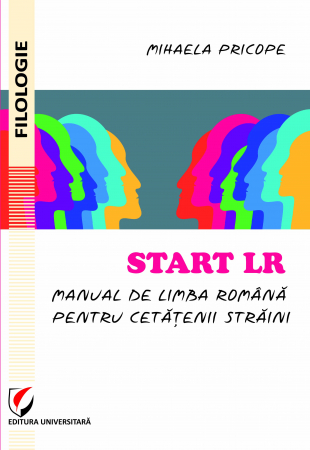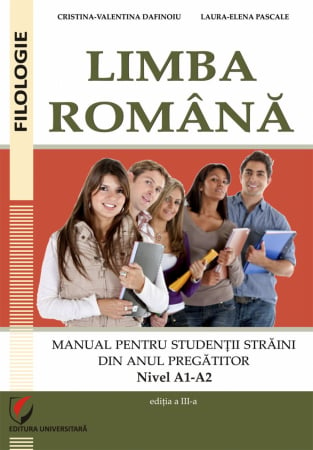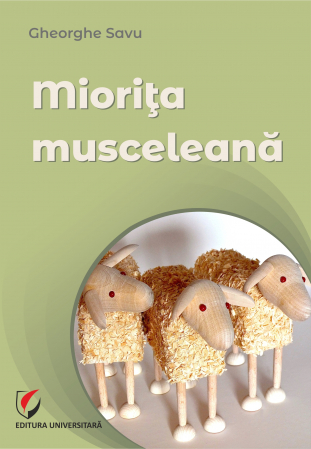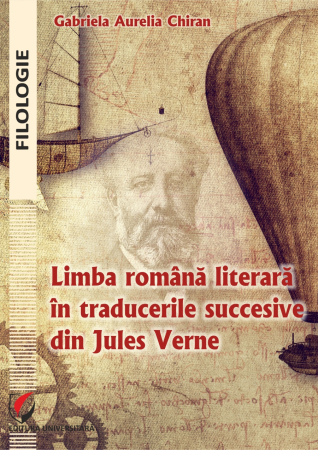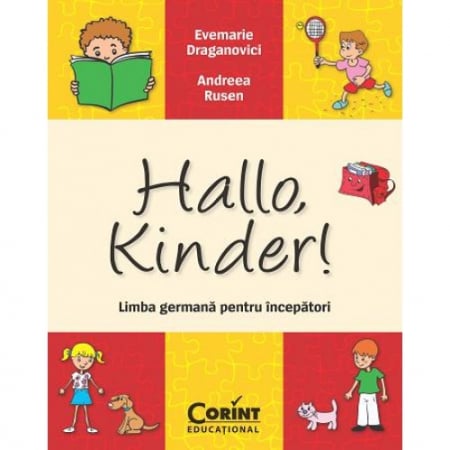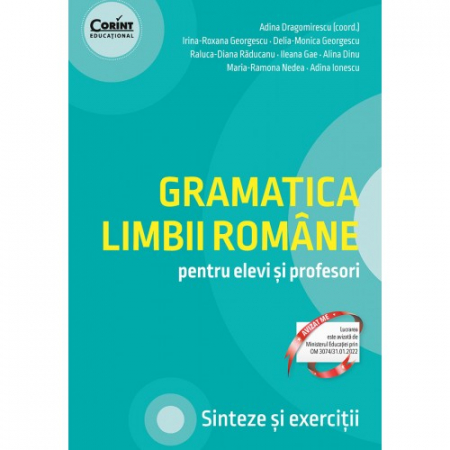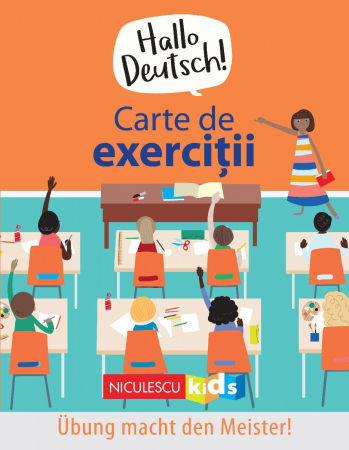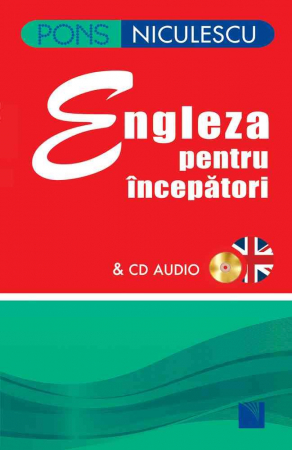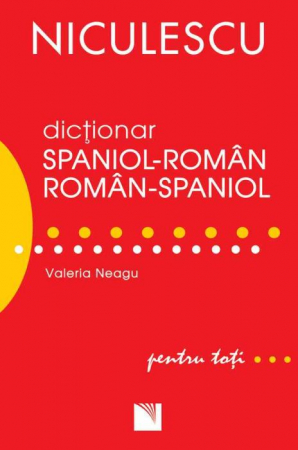ISBN: 978-606-28-1081-8
DOI: https://doi.org/10.5682/9786062810818
Publisher year: 2020
Edition: I
Pages: 202
Publisher: Editura Universitară
Author: Olimpia Varga
- Description
- Download (1)
- Authors
- Content
- More details
- Reviews (0)
"The work presented by Mrs. Olimpia Varga adds, usefully, we consider, to the hermeneutic approaches dedicated to the works of Marin Sorescu and Stefan Augustin Doinas. The perspective of the analysis is an ethnographic-folkloric one, the author managing to highlight the influence that the fund of popular beliefs and customs, literary folk productions and the very rhythms of life in the area that generated the writing gift of Marin Sorescu and Stefan Augustin Doinas had - it on the cult production that came out from under them."
Lucian CHISU
"This book is the result of older research, but never interrupted, on the life and work of Marin Sorescu, to which the author is linked by a complicated genetic relationship, through the many branches of his family and the work of Stefan Augustin Doinas. On the other hand, the author's interest in ethnography and folklore determined her to look for the roots of popular wisdom in the texts of the poet, prose writer, playwright and essayist Marin Sorescu and in the unique ones created by Stefan Augustin Doinas."
Raluca Felicia TOMA
„The most consistent chapter, in the economy of the work, is dedicated to the poet, prose writer, playwright, essayist and translator Marin Sorescu. What stands out in his artistic personality is precisely the duality of attitude towards the world and the life of the Romanian peasant, as it appears illustrated in folk productions. It is primarily about the optimistic, bright component of the Romanian soul, expressed through humor, especially in the form of bitter irony. Secondly, it is about the metaphysical sadness expressed by "longing", by the reactions to everything that means "passing", evil with obscure origins. These are two faces of the same whole and characterize very well the "nature" of the simple man, of the exponent of deep Romania."
Roxana Magdalena BARLEA
-
Ethnofolkloric information and poetic interpretation
Download
FOREWORD / 7
PREFACE (R.-M. Barlea) / 9
THE EXHAUSTABLE SEASON OF ROMANIAN FOLKLORE / 9
FOLKLORE - THE CONSTANCE OF ROMANIAN LITERATURE / 15|
ETHNOGRAPHIC INFORMATION IN THE WORK OF MARIN SORESCU / 57
THE UNIVERSE OF POPULAR CULTURE IN THE WORK OF STEFAN AUGUSTIN DOINAS / 149
AUTHORS INDEX / 191
BIBLIOGRAPHY / 195
George Calinescu observes that in Romanian literature can be easily determined two directions of capitalization of the Romanian language, one on which those who were clearly concerned with forging a written literary language, a precise, chosen language, and sometimes technical - and in this category would belong people of culture like: Miron Costin, Titu Maiorescu, Tudor Vianu, I would now add Stefan Augustin Doinas - and a direction of capitalizers of the spoken language in which they would register: Ion Neculce, Anton Pann, Ion Creanga, Ion Luca Caragiale, Tudor Arghezi, we would add George Calinescu, for his incomparable ability to use the entire Romanian language and, for the present subject, Marin Sorescu.
However, the distinction that an opera from George Calinescu goes beyond the language plan, involving many other levels, such as those of the literary genre and species, of the stylistic means and even of the subjects. The option for one or the other direction is made spontaneously, undecided, based on the intimate structure of the creator and any attempt to determine the possible value hierarchies is doomed to failure.
Put face to face, the representatives of the two directions indisputably prove that they are not some deeper, higher, in a word, more valuable than the others, even if judges blinded by prejudice have sometimes erred in appreciating it.
The reason why I associated in this work two poets of such different invoices was the intuition - confirmed by analysis - that, related to folklore, they approached through a common dimension. This dimension is the concealment, the camouflage in the major plane of the depths, of some ideas significantly different from the plane of appearances. In Marin Sorescu the general questions of humanity are hidden behind a particular objectified in the popular culture of a people, while in Stefan Augustin Doinas - the sophisticated scaffold of universal culture serves as a support for the always young offspring of Romanian popular thought.
First of all, what distinguishes the two authors is the assimilation mechanism of folklore. In the terms of St. A. Doinas's poetry corresponds, related to folklore, to the phenomenon of personality, of resonance, while Sorescu's poetry is part of another process, that of relevance. Then, what distinguishes them in terms of form is the poetic expression, respectively the poetic formula adopted and the poetic language used.
Peaks of modern Romanian poetry, placed at altitudes difficult to reach, considered from the perspective of their affinity for folklore, M. Sorescu and St. A. Doinas are complementary, there are two fighters arranged back to back, fighting for a common cause, one in medieval armor and another in hemp shirt, one with steel bow and another with hair broken from the fence to maintain the sacred fire of Romanian poetry.
The creators of both groups, as well as their works, together, synthesize the great variety of manifestations that the spirit knows. The two poets we are talking about in the following pages represent different faces of the same coin, the value of a coin not being able to favor in any way one side or the other.
The Author

6359.png)
![Ethnofolkloric Information and Poetic Interpretation [1] Ethnofolkloric Information and Poetic Interpretation [1]](https://gomagcdn.ro/domains/editurauniversitara.ro/files/product/large/Varga-Olimpia_Informatie-etnofolclorica..._BT.jpg-2975-7148.jpg)
